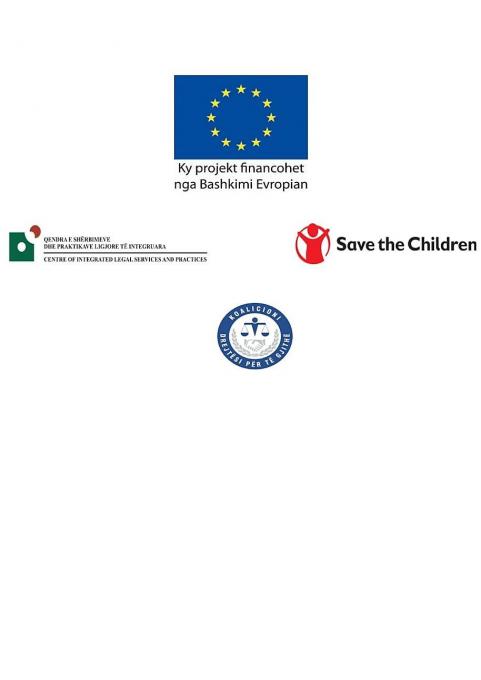Citizens’ legal Education is a Right, not Privilege

Poor Public Legal Education negatively affects citizens’ lives and denies the exercise of their rights
It marks the start of the Campaign “Citizens’ legal Education is a Right, not Privilege” building legal awareness among citizens on two specific areas (mediation and free legal aid) and calling to authorities and relevant public institutions to fully ensure access to justice for all citizens, especially the most marginalized groups.
The level of basic legal knowledge among citizens in Albania is very low. This affects negatively the implementation of laws, family relationships, business transactions, public health, security, and environment. The body of laws in Albania is complex and constantly changing, so citizens and sometimes, even legal professionals, are not updated on the legal provisions that affect their lives and their rights in multiple ways. At the same time, the state authorities are not ensuring the full implementation of laws that guarantee access to justice for all the citizens.
In order to contribute in improving this situation, the awareness campaign aims to increase the level of knowledge of citizens on the two mentioned topics and to require the state authorities the full implementation of the regulations and policies related to access to justice.
The campaign will be managed by Save the Children and the Coalition Justice for All{1} in the framework of the project "Civic Engagement for a Functional Judiciary System and Access to Justice in Albania” financed by European Union and implemented by Save the Children and Centre of Integrated Legal Services and Practices (CILSP).
The selected two areas are of great interest for the public. Both of them have been subject to legislative changes and innovations in the last years (improvement of the mediation law in 2018, law amendments on free legal aid in 2017) and there is a strong need of disseminating the provisions and benefits of these tools. Mediation is a contemporary form of handling and resolving conflicts outside the courtroom and it has a number of benefits to citizens in saving time and financial costs, the conflict can be resolved between the parties in a consensual and sustainable solution. One of the reasons of its low use is the weak level of the public awareness on its benefits. Law on Free Legal Aid, adopted in 2017, allows vulnerable categories to access justice effectively including information and free legal services. Its effectiveness is still weak due to lack of citizens knowledge and to weak measures to ensure its full implementation.
The awareness campaign foresees the organization of 33 Open Days in May-June 2019. The involved municipalities will be: Shkoder, Vau i Dejes, Malesi e Madhe, Lezhe, Kurbin, Kukes, Has, Korce, Kolonje, Pogradec, Vlore, Selenice, Berat, Kucove, Permet, Kelcyre, Gramsh, Belsh, Sarande, Delvine, Gjirokaster, Tepelene, Diber, Mat, Elbasan, Librazhd, Vore, Kamez, Konispol, Fier, Roskovec, Puke, Fushe-Arrez.
The local events will allow citizens to interact in person with the organizers, to receive written information on the two mentioned topics and to reach disadvantaged groups thanks to the collaboration of the Local Government Units. Universities and legal clinics will be involved as well. Reports and interviews in local and national TV channels will ensure a broader resonance to the initiative while the promotion of the campaign on social media will enable to involve the youngest population. The estimated number of citizens benefitting from the campaign will be around 60,000.
You can follow the campaign on Save the Children and the Coalition “Justice for All” Facebook https://www.facebook.com/savethechildrenal/; https://www.facebook.com/drejtesipertegjithe/.
[1] The Coalition “Justice for All” is a civil society network created in July 2016, as joint effort of Save the Children and USAID, with the aim of increasing the effectiveness, independence and transparency of the Albanian justice system by carrying out advocacy initiatives, by monitoring the judicial institutions and by providing public legal education.
 Albania
Albania